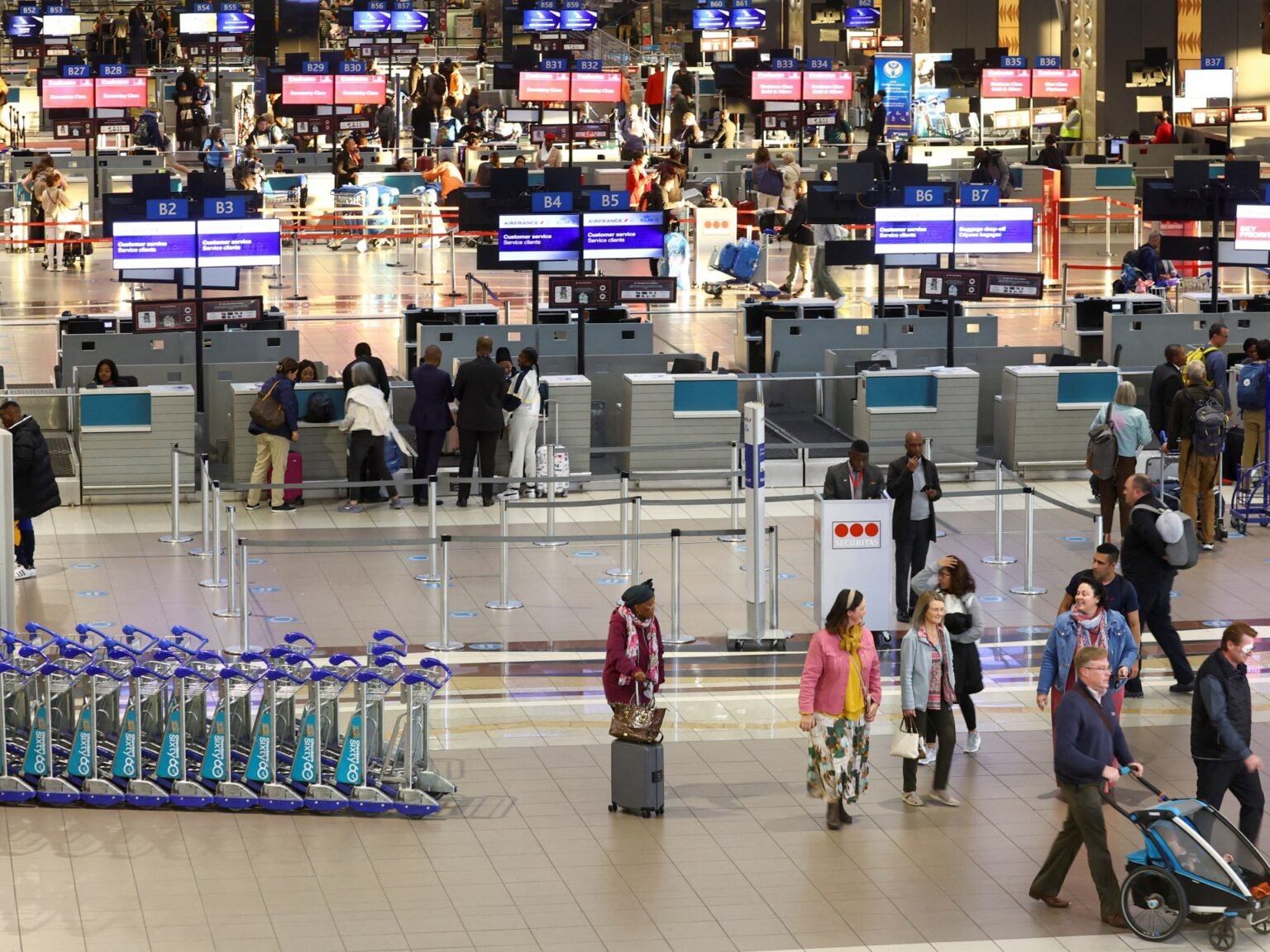Namibia recently announced that it would be introducing visa requirements for 31 countries, including 23 European states, six Asian states, and the United States and Canada. The move, which will come into effect on April 1, 2025, was made in response to the lack of reciprocity in visa agreements. While some critics argue that this policy could have negative consequences for Namibia’s economy by deterring tourists, others see it as an opportunity to generate additional revenue and pressure other countries to lift visas for Namibians. This decision has sparked a debate in other African countries where citizens face similar challenges with visa requirements.
In South Africa, there is a growing discussion about whether the country should follow Namibia’s lead and impose reciprocal visas on foreigners. Tourism is a crucial sector for South Africa, accounting for 3.5 percent of the country’s GDP and employing 2.5 million people. The country welcomed 8 million foreign visitors in 2023 and is on track to reach pre-COVID levels of 10 million soon. While some may fear that introducing reciprocal visas could have a negative impact on tourism, research suggests that the type of visa restrictions put in place can determine the effect on tourist flows.
Studies have shown that more flexible visa policies, such as e-visas or visas-on-arrival, may not significantly impact international tourism flows. By choosing the right type of visa system, South Africa could potentially generate substantial revenue from visa fees while also streamlining the visa application process. Introducing e-visas based on reciprocity could help ease bureaucratic burdens and improve efficiency in processing entry requests. This could be a step towards modernizing the visa system and addressing administrative challenges within the Home Affairs department.
In addition to the financial and bureaucratic benefits of adopting a reciprocal visa system, there is also a moral argument to be made in support of this approach. Visa regimes often favor citizens of wealthy countries, reinforcing power imbalances on the global stage. By insisting on reciprocity in visa agreements, countries like South Africa can assert their sovereignty and push back against foreign pressure. This represents a step towards fair and respectful diplomacy that prioritizes national interests over convenience.
Ultimately, the decision to introduce reciprocal visas is not just a bold move but a necessary step towards achieving the respect and recognition that South Africa deserves on the global stage. By taking control of their visa policies and asserting their sovereignty, South Africa can demonstrate their commitment to fairness and equality in international relations. It is time for South Africa to prioritize their national interests and demand mutual respect in global diplomacy.












